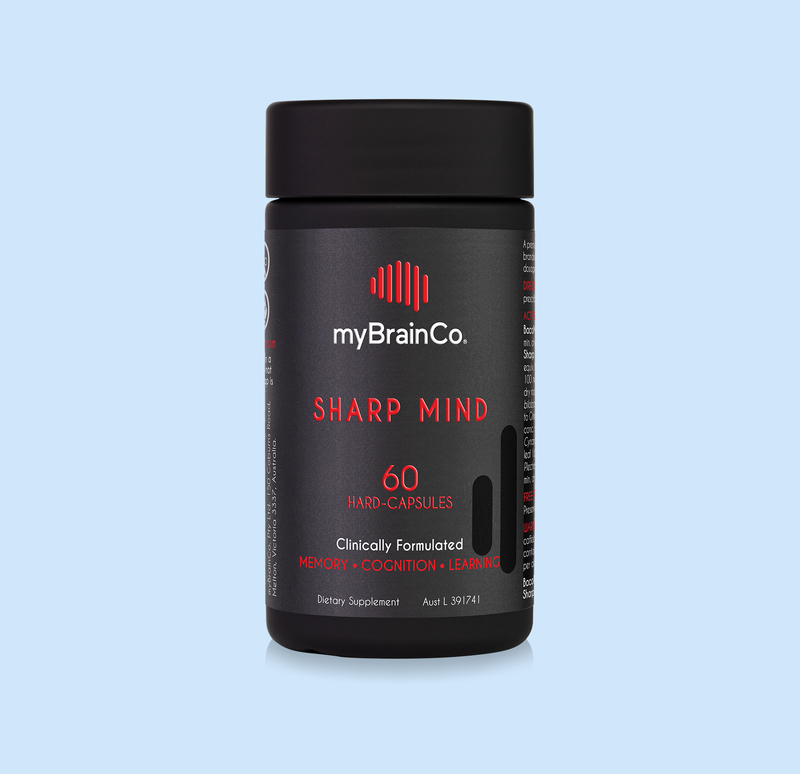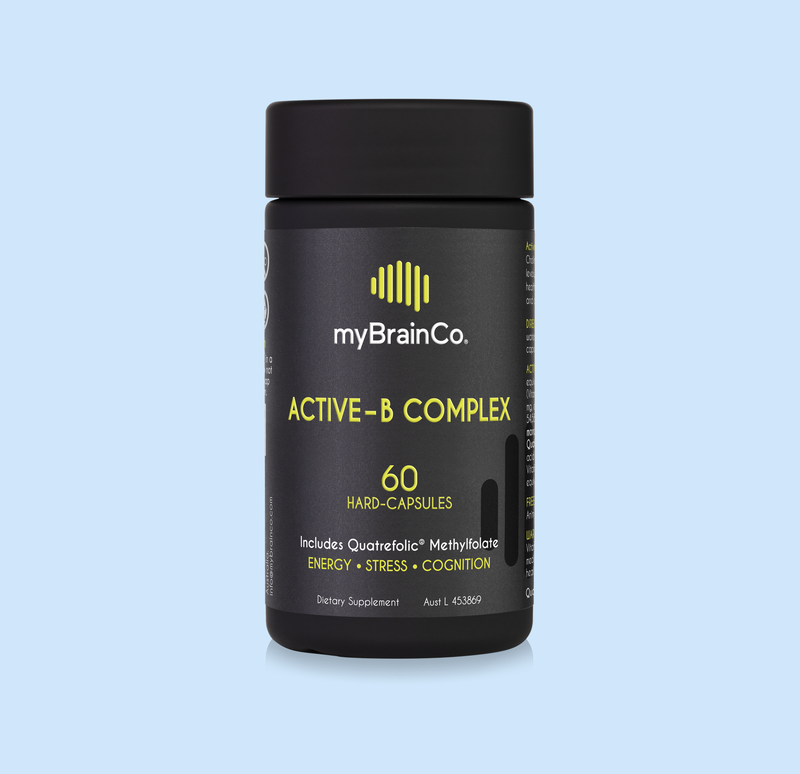When searching for answers to health concerns, many people encounter an overwhelming amount of conflicting advice. However, one accepted yet often unknown fact is that the amount of skeletal muscle you have directly correlates with how long and how well you live. Skeletal muscle is not just for movement and strength; it is a vital metabolic and endocrine organ that plays a crucial role in health and longevity.
What Is Skeletal Muscle And Why Is It Important?
Skeletal muscle is a type of muscle tissue that is attached to bones and is responsible for voluntary movements of the body; but it is more than just tissue enabling movement. It acts as a metabolic regulator, influences immune function, and plays a key role in glucose metabolism.
As we age, we naturally lose muscle mass, a process called sarcopenia, which is linked to frailty, metabolic disorders, cognitive decline, and increased mortality risk. Maintaining skeletal muscle is essential for mobility, metabolic health, and resilience against chronic disease.
The Evidence For Skeletal Muscle As The Organ of Longevity
Research shows that individuals with greater muscle mass tend to have lower all-cause mortality rates. Skeletal muscle serves as the body’s primary reservoir of amino acids, impacting immune function, blood sugar regulation, and brain health.
Other studies highlight the link between muscle mass and longevity. A 2018 study by Abramowitz et al, found that greater muscle mass was inversely associated with mortality risk, regardless of body fat percentage. Similarly, a study published in the Lancet by Leong et al showed that grip strength, a reliable marker of muscle health, was a stronger predictor of mortality than blood pressure.
Muscle mass also plays a critical role in metabolic health, acting as a glucose reservoir and reducing the risk of type 2 diabetes. This is because muscles store glucose from the food we eat in the form of glycogen, which is the body’s way of having a "backup energy supply" to use when needed. Instead of relying on sugar from the bloodstream, muscles can tap into their own stored glycogen for energy, especially during movement and exercise. This helps keep blood sugar levels steady and prevents sudden spikes, which is important for overall health, hormone balance, and gut function.
Additionally, resistance training and muscle maintenance are associated with improved cardiovascular health, lower inflammation levels, and healthier lipid profiles, which may reduce the risk of cardiovascular disease, including heart attacks and strokes.
Skeletal Muscle, Brain Health, and Nervous System Wellbeing
Beyond metabolic and cardiac benefits, skeletal muscle plays a key role in brain health and nervous system function. Resistance training is associated with enhanced neuroplasticity, improved cognitive function, and a reduced risk of age-related cognitive decline, including neurodegenerative diseases like Alzheimer’s and dementia.
This brain-muscle connection is largely mediated by myokines, proteins released during muscle contraction. One such myokine, brain-derived neurotrophic factor (BDNF), is crucial for learning, memory, and overall brain resilience. Furthermore, creatine (naturally found in muscle) has been shown to enhance cognitive function, particularly in older adults and individuals with lower baseline levels.
How to Maintain Skeletal Muscle for Longevity
To preserve and build skeletal muscle, adopting the right exercise and nutrition strategies is crucial. Here are some proven approaches:
1. Resistance Training
-
Strength training at least 2–3 times per week using bodyweight, resistance bands, or weights can significantly improve muscle mass and strength.
-
Compound movements like squats, deadlifts, and push-ups engage multiple muscle groups, enhancing efficiency and effectiveness.
2. Protein Intake for Muscle Synthesis
-
Adequate protein consumption is necessary for muscle repair and growth.
Aim for 1.2–2.0 grams of protein per kilogram of body weight daily, depending on activity levels. -
High-quality protein supplements will ensure you reach your adequate amounts daily. Performance Plant Protein from myBrainCo offers a complete amino acid profile, featuring organic ioPEA™ plant-based protein, clinically shown to achieve 300% better amino absorption than standard pea protein, plus highly absorbable rice peptides, nutrient-rich faba bean protein, and pure coconut MCTs.
3. Creatine Supplementation
-
Creatine monohydrate is one of the most researched supplements for muscle preservation, strength gains, and cognitive function enhancement. It increases phosphocreatine stores in muscles and the brain, supporting ATP production, endurance, and mental clarity.
-
Creatine Mono from myBrainCo is a high-purity, vegan-friendly, and sustainably sourced creatine monohydrate formula you can easily incorporate into your daily routine.
4. Metabolic Health and Recovery
Prioritising recovery through sleep, stress management, and proper nutrition ensures long-term muscle retention and overall health:
-
Eat a balanced diet that includes healthy fats, fibre-rich carbohydrates, and micronutrients like magnesium, vitamin D, and omega-3s for optimal muscle function.
-
Adequate water intake supports muscle recovery and performance.
-
Aim for 7-9 hours per night to optimise muscle repair and hormone balance.
-
Engage in low-impact activities like yoga, stretching, or walking on rest days.
-
Chronic stress increases cortisol, which can lead to muscle breakdown. Prioritise calming breathwork, meditation and mindfulness into your daily routine.
It’s Important To Pay Attention To Skeletal Muscle
Skeletal muscle is much more than a physical attribute — it is the biological cornerstone of longevity, metabolic health, and cognitive function. Prioritising muscle maintenance through resistance training, sufficient protein intake, and strategic supplementation can profoundly impact both lifespan and healthspan. Simply put: staying strong means living longer and better.
References
Cruz-Jentoft, et al. Sarcopenia. The Lancet. 2019 393(10191):2636-2646.
Srikanthan P, et al. Muscle mass index as a predictor of longevity in older adults. Am J Med. 2014 Jun;127(6):547-53.
Abramowitz MK, et al. Muscle mass, BMI, and mortality among adults in the United States: A population-based cohort study. PLoS One. 2018 Apr 11;13(4):e0194697.
Leong DP, et al. Prospective Urban Rural Epidemiology (PURE) Study investigators. Prognostic value of grip strength: findings from the Prospective Urban Rural Epidemiology (PURE) study. Lancet. 2015 Jul 18;386(9990):266-73.
DeFronzo RA, et al. Skeletal muscle insulin resistance is the primary defect in type 2 diabetes. Diabetes Care. 2009 Nov;32 Suppl 2(Suppl 2):S157-63.
Mann S, et al. Differential effects of aerobic exercise, resistance training and combined exercise modalities on cholesterol and the lipid profile: review, synthesis and recommendations. Sports Med. 2014 Feb;44(2):211-21.
Cassilhas RC, et al. The impact of resistance exercise on the cognitive function of the elderly. Med Sci Sports Exerc. 2007 Aug;39(8):1401-7.
Pedersen BK. Physical activity and muscle-brain crosstalk. Nat Rev Endocrinol. 2019 Jul;15(7):383-392.
McMorris T, et al. Creatine supplementation and cognitive performance in elderly individuals. Neuropsychol Dev Cogn B Aging Neuropsychol Cogn. 2007 Sep;14(5):517-28.
Phillips SM. A brief review of critical processes in exercise-induced muscular hypertrophy. Sports Med. 2014 May;44 Suppl 1(Suppl 1):S71-7.
Rawson ES, et al. Use of creatine in the elderly and evidence for effects on cognitive function in young and old. Amino Acids. 2011 May;40(5):1349-62.




